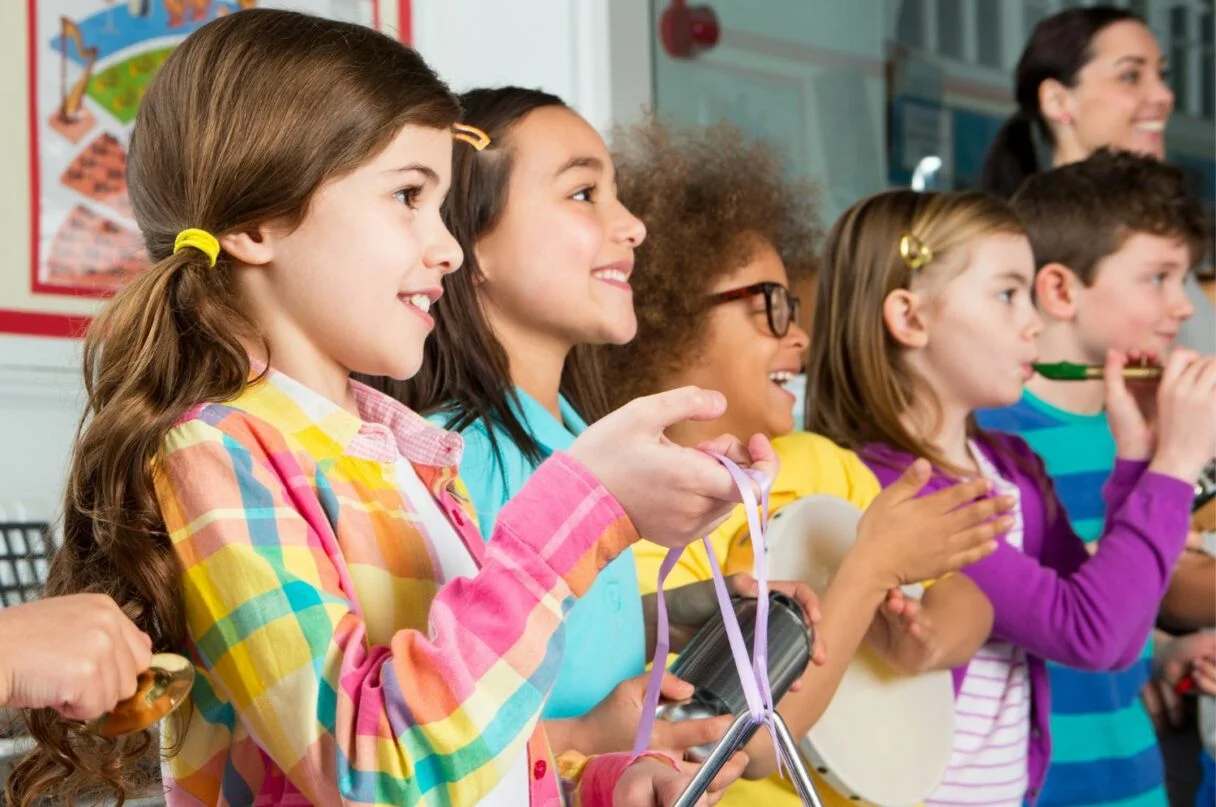On-site Seminar

Course Description:
Music has a unique way of connecting people, sparking emotions, and creating a sense of community. In kindergarten, where young children are highly receptive to sound and rhythm, music can be a powerful tool to foster emotional development, reduce stress, and enhance focus.
This 5-day course introduces kindergarten teachers to practical music therapy techniques, offering tools to create a harmonious and supportive classroom environment. Through a mix of theory and practical activities, participants will explore music’s role in emotional expression, social bonding, and stress relief. Under the guidance of experienced trainers, they will develop skills to incorporate music therapy into their daily routines, building an atmosphere that supports children’s mental and emotional growth.
Learning Outcomes: By the end of this course, participants will be able to:
- Recognize the fundamental benefits of music therapy in early childhood settings.
- Apply basic techniques of active and receptive music therapy in the classroom.
- Facilitate group bonding and emotional expression through musical activities.
- Use music therapy practices to alleviate stress and anxiety in young children.
- Develop a basic class plan integrating music therapy for enhanced learning and emotional support.
Agenda
Day 1 – Introduction to Music Therapy in Early Childhood Education
- Introduction to the course: Objectives and structure.
- Icebreaker Activities: Engaging participants through group music games.
- Overview of Music Therapy: Active vs. Receptive music therapy and their applications.
- Activity: Participants share their experiences with music in their teaching environments.
Day 2 – Music as a Pathway for Emotional Expression
- Using Music to Explore Emotions: How music affects moods and behaviors in young children.
- Listening and Sharing: Introduction to receptive music therapy through group listening exercises.
- Expressing Emotions through Music: Identifying and labeling emotions through musical cues.
- Activity: Teachers bring a song that resonates with them and discuss its emotional impact.
Day 3 – Active Music Therapy Techniques for Young Children
- Introduction to Active Music Therapy: Engaging children through singing, rhythm, and movement.
- Voice and Body as Instruments: Using body percussion and voice to create a safe space for expression.
- Playing Simple Instruments: Introduction to percussion and Orff instruments in the classroom.
- Activity: Teachers practice leading a music activity focused on group bonding.
Day 4 – Music Therapy for Children with Special Needs (ADHD, Autism)
- Understanding Special Needs: Overview of Autism and ADHD in early childhood.
- Role of Music in Supporting Special Needs: How rhythm, repetition, and structured music can help.
- Case Studies: Analysis of real-life examples of music therapy for children with special needs.
- Activity: Participants design a music activity to support children with specific needs.
Day 5 – Implementing Music Therapy in the Classroom
Wrap-up: Course reflection, feedback, and Certificate of Attendance distribution.
Creating a Classroom Music Therapy Plan: Tips for integrating music into daily routines.
Developing Personalized Music Therapy Activities: Tailoring activities to suit individual children and groups.
Presentation and Feedback: Participants share their class plans and receive feedback.
_______________________________________________________
Vision & Strategy Ltd. is Google Cloud Partner since 2021
Available dates:
February 20-27, 2025
March 20-27, 2025
April 17-23, 2025
May 22-28, 2025
June 19-25, 2025
July 24-30, 2025
August 21-27, 2025
September 18-24, 2025
October 23-29, 2025
November 20-26, 2025
December 11-17, 2025
